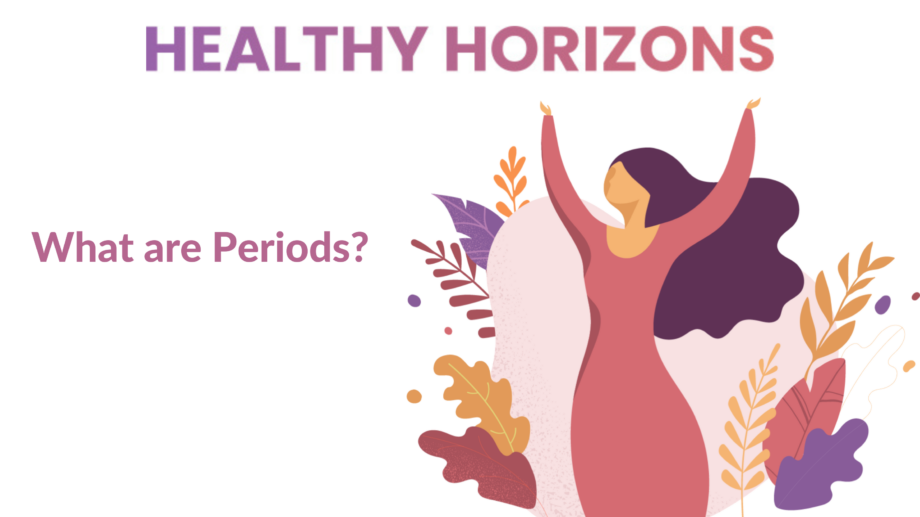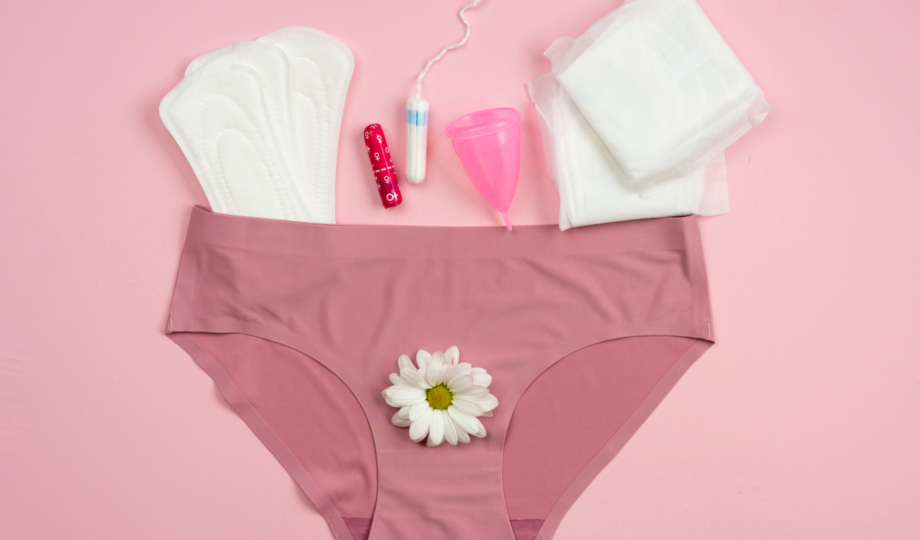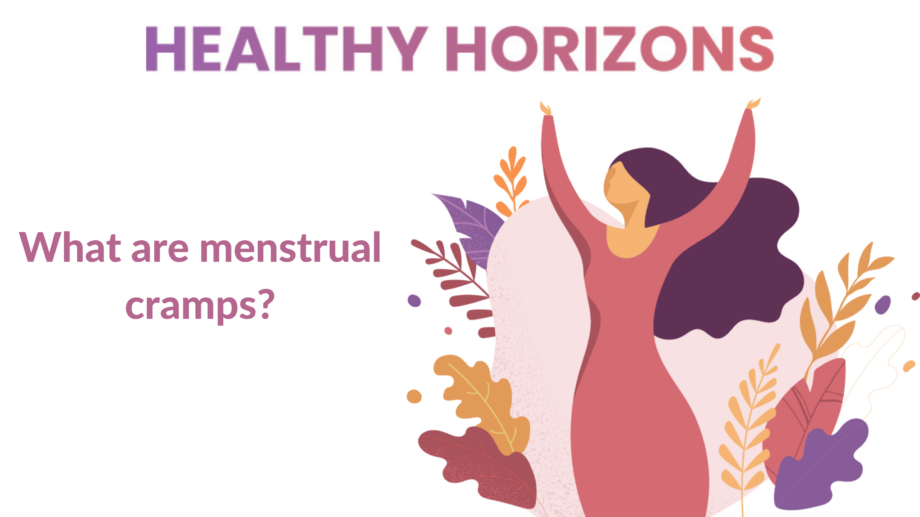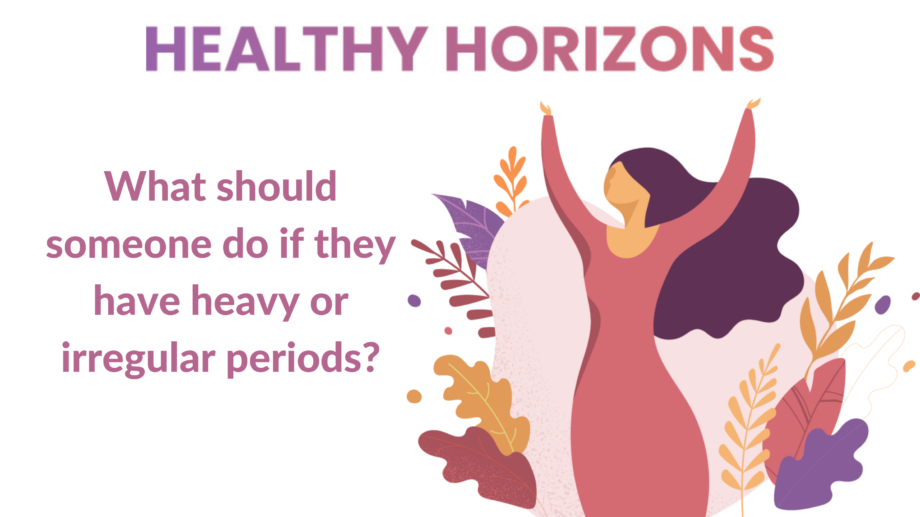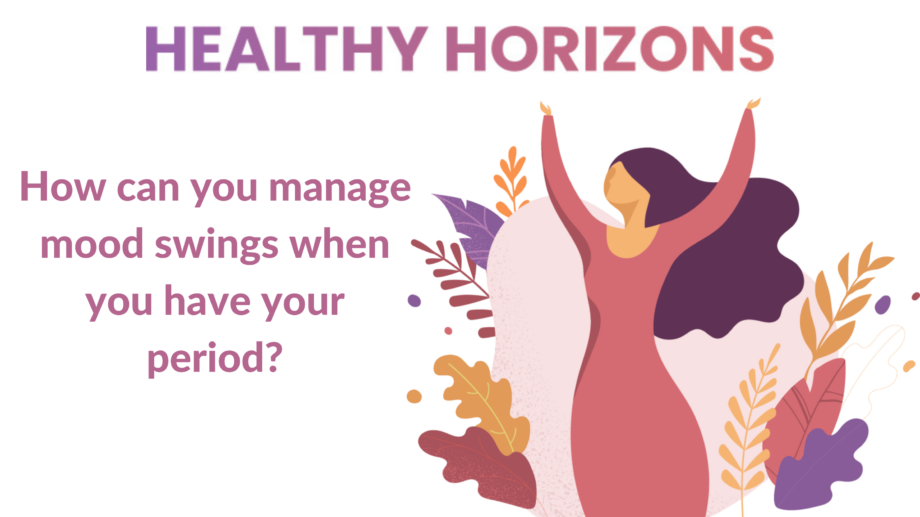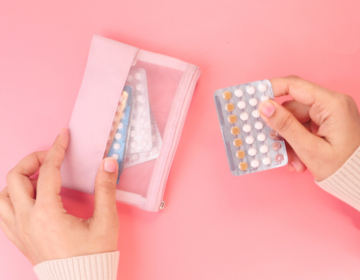Read Transcript
Dr Nisha Khot:
I’ve got a little prop here. It’s a uterus, that’s what’s in the centre. On both sides are two tubes and just under them are two ovaries. Women and girls get periods every month because this ovary here or this one produces an egg every month. And in response to the egg, the lining of the womb prepares for a possible pregnancy.
Each month, as the egg is maturing within the ovary, the lining of the womb is preparing for a pregnancy and growing thicker and thicker like a soft cushion. When the egg is released, it gets into the tube and travels to the uterus. However, not all months result in pregnancy. When there isn’t a pregnancy, this lining that has formed inside the womb then sheds through the vagina out as bleeding. And that is what constitutes a period.
For most girls, period start somewhere between 8 and 16 years of age. That is called the "menarche" or the first period. Women will continue to have periods throughout that time when there are eggs in their ovaries until they reach the point of menopause, which is when their periods stop, usually somewhere between 46 to 55 years of age.

